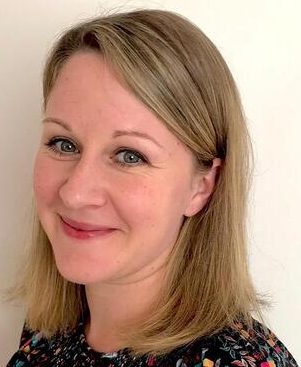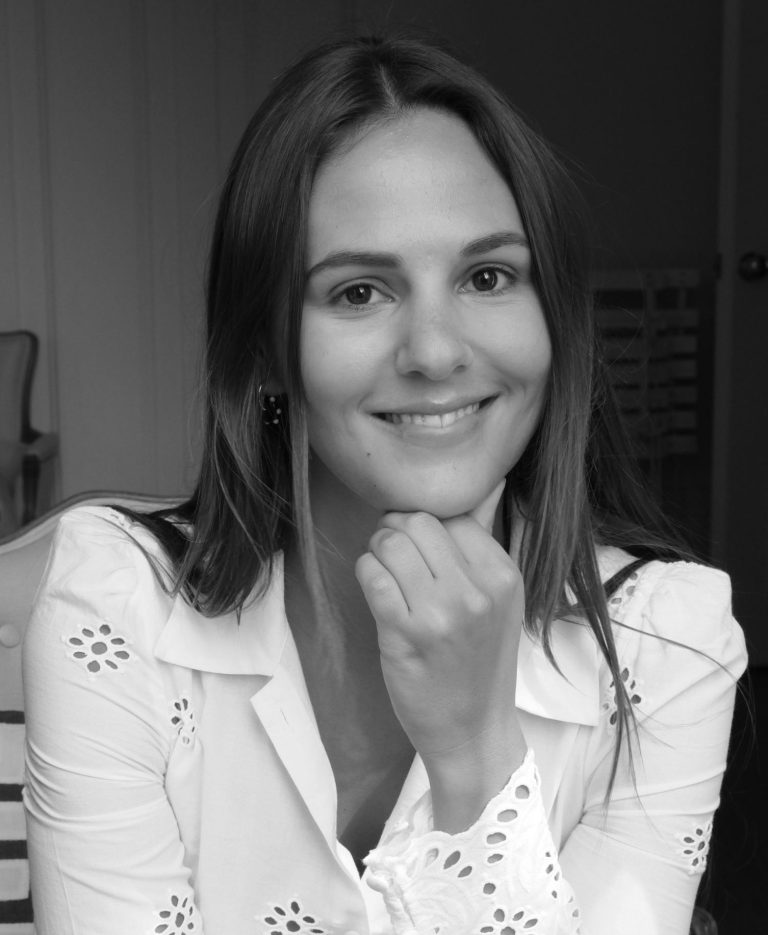Informed Consent
Our Mission
Cam AI is a Cambridge University spin-out. Our accredited mental healthcare providers, engineers and academics are discovering how to provide timely, zero-cost, early psychological interventions to young people using conversational AI. To find out more, go to our About Page.
We are in the process of gathering transcribed conversations between real clients and mental health professionals. By using real people and real psychotherapeutic conversations to train our AI model, we are creating an authentic and responsible chatbot that can replicate actual therapeutic techniques. It will also be trained on the real and diverse concerns communicated by the people who volunteer their text sessions.
Rest assured that your concerns will remain confidential and your conversations will be completely anonymised by our highly skilled data team. Your privacy is incredibly important to us.
At Cam AI, we believe in the power of proactive mental health care, and we invite you to be a part of this transformative journey. Together, let’s pave the way for a brighter, more resilient future.
Get Involved?
You are being invited to volunteer text support conversations with your psychological mentor as part of independent research and unique data collection conducted by Cam AI.
The purpose of this is to collect genuine psychotherapeutic interactions in order to train a responsible and ethical AI tool to support those without access to professional care.
- Please read and consider the information in this page carefully
- Complete this Consent Form where you will be asked to provide:
- Contact details – in case we need to contact you, or should you wish to remove your information from our database
- Demographic information – in accordance with protected characteristics outlined in Equality Act 2010
- Informed consent
Once you have completed this form:
- Our partnering psychological mentors will provide our gatekeeper(s) with your downloaded text session(s) data. Each file is referred to as a script
- The script, along with your participant information (provided in the Consent Form) is uploaded to our secure database
- Any identifying information (i.e., names, images) in the script is anonymised immediately by the gatekeeper. The identifying information from your Consent Form will be separated when it is attached to your anonymised scripts and analysed
- The anonymised script is then annotated for machine learning by our Annotation Team using our bespoke Data Curation Tool (developed in-house and only accessible to Cam AI)
- The original data file(s) are then deleted from our systems
Ethics
Cam AI is an independent research company that is an Organisational Member of the British Association for Counselling and Psychotherapy (BACP membership number: 00276627), meaning we are held to the same ethical guidelines as all registered counsellors and psychotherapists. We are also registered with the ICO. We are following the MHRA (Medicines and Healthcare products Regulatory Agency) guidelines in the overall direction of our company as we intend to achieve Class IIa medical device certification. Additionally, one of our co-founders (Dr Sabine Bahn) is a member of the University of Cambridge Ethics Board. She provides us with advice and guidance.
Rights
You will be able to rectify any information you may have incorrectly inputted and it can be changed within the systems at any time. You have the right to request your data at any point and it will be sent to you via email. You can choose to withdraw your data at any time, and it will be completely and permanently deleted.
Confidentiality
Your data will be kept confidential to the extent permitted by law. Only authorised gatekeepers at Cam AI will have access to your identifiable data, and your anonymised data is only shared with those directly involved in this research. Any identifying information will not be disclosed in any publications or reports resulting from this research.
Voluntary Participation
Participation in this research is entirely voluntary. You have the right to withdraw your consent and discontinue participation at any time without penalty. If you choose to withdraw from the study, any data collected up to that point will be removed.
Contact
If you have any questions, concerns, or would like further information about the data collection, please contact us at imogen@cam-ai.co.uk and we will respond quickly.
By agreeing to share your information, you acknowledge that you have read and understood the information provided above, that you have had the opportunity to ask questions, and that you voluntarily consent to participating in this research.
Gatekeepers
Robert Batt is our CEO and has been a practising psychotherapist for over 20 years. He is the only person who sees the non-anonymised scripts regularly (in order to anonymise them). He is held to the same confidentiality contract you agree to with your mentor.
Dr Simon Fothergill is our Technology Lead and has built Cam AI’s storage and security systems that ensure our data is kept safe. He has access to all the data for occasional administrative purposes only and holds all personally identifiable information confidentially.
Imogen Lester leads our psychology operations process. She creates our forms and contacts prospective clients via email to organise their mentor partnership and trial. She does not have access to non-anonymised text session scripts but can see identifying information/contact details inputted into the consent forms. This is solely for the purpose of correspondence with the prospective client.
Meet our Annotators

Dr Emma Shaw – D.Clin.Psych, PGCert, BSc (Hons)
I am a Clinical Psychologist who for the past eleven years has worked across the mental and physical health sectors in both the UK and New Zealand. Specifically, my interests are in young people’s mental health and wellbeing.
Having worked clinically with young people throughout my career I have gained an insight into the difficulties they experience and seen first-hand the negative impact this has on their development and long term health. With ever growing pressure and demand on current health services, I understand the need to create responsible digital tools to increase access to timely and effective psychological interventions.

Sarah Childs – MBACP, PGCert, MSc
I am a registered MBACP counsellor, with a MSc in Psychology, and I am in the final stage of my Professional Doctorate in Counselling Psychology, having completed my viva and working on some amendments. While doing this I am consulting for Cam AI, as well as working as a private therapist in a one-to-one setting. I am also a member of The Heartbreak Hotel team, where I work on retreats for women who are heartbroken. I have over 6 years of experience working in mental health settings, including the NHS and charity settings. My experience includes working with depression, anxiety, mood disorders, complex trauma, bereavement, relationship difficulties, identity struggles, stress. My training in integrative which means I can work with, and draw upon, a variety of different models, including CBT, person-centred and psychodynamic.

Imogen Lester – MSc, BA (Hons)
I work at Cam AI as Psychology and Research Associate. I graduated from the University of Cambridge with a degree in Psychological and Behavioural Sciences and went on to complete an MSc in Psychology of Economic Life at LSE. I work closely with the Psychology Team on our bespoke annotation taxonomy, making suggestions and tagging anonymised conversation scripts.
Frequently Asked Questions
How am I kept anonymous?
All names and places are removed from the scripts produced from your text sessions before any analysis takes place. Your identifying information cannot be accessed alongside your scripts and the answers you gave in your Consent Form. Annotators and other roles in our company are unable to see any identifying information. Only our two gatekeepers are able to see both your identifying information and your anonymised scripts and answers.
We have used a reputable form builder (Jotform) to create the Consent Form. Form responses are encrypted and require an access passcode to be viewed.
Who has access to my non-anonymised data?
Our data gatekeepers:
Imogen Lester leads our psychology operations process. She creates our forms and contacts prospective clients via email to organise their mentor partnership and trial. She does not have access to non-anonymised text session scripts but can see identifying information/contact details inputted into the consent forms. This is solely for the purpose of correspondence with the prospective client.
